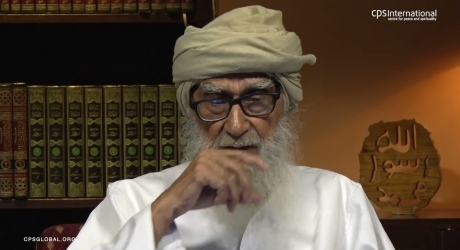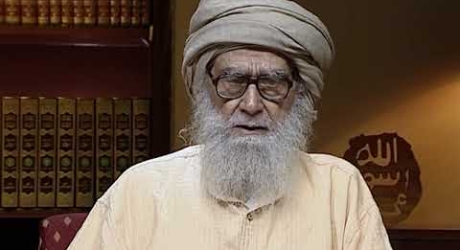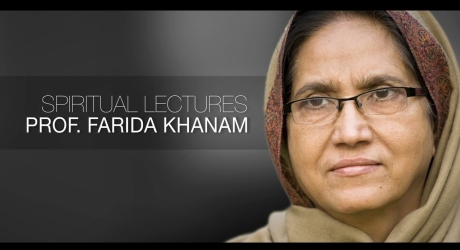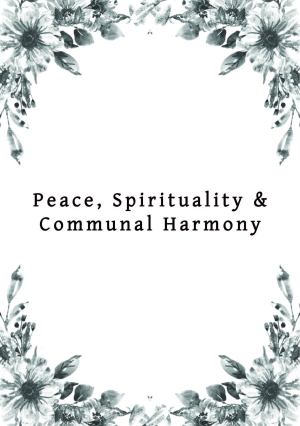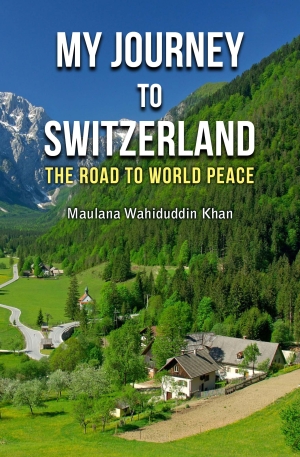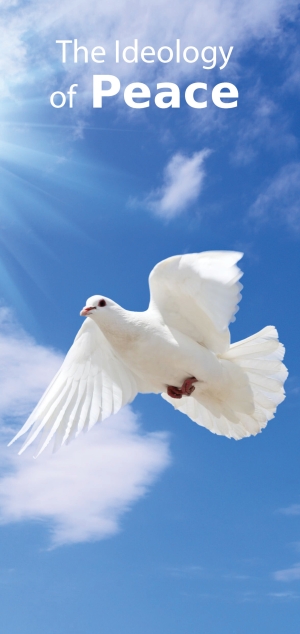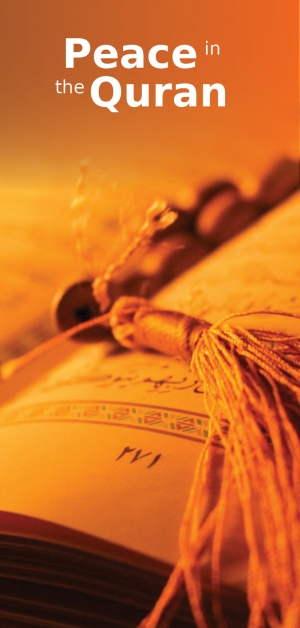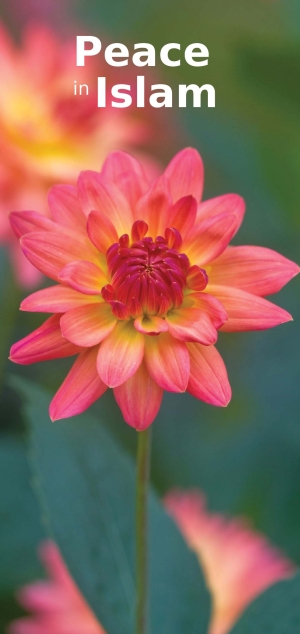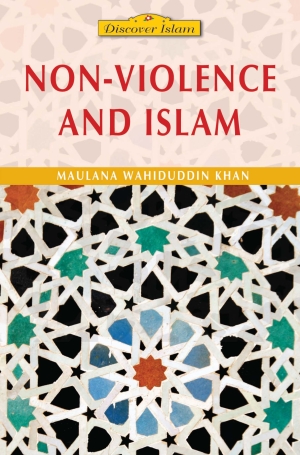Scholars have defined peace as the absence of war. However, putting an end to war and violence is only its initial phase. Whenever peace prevails in a society in the real sense, its members will channel their energies towards constructive activities. Peace in a society can be likened to removing a dam from a river. All life’s activities will be set in motion with no obstruction, propelled by human nature itself. They come to a halt only when the artificial barriers of war and violence are placed before them. From the point of view of its result, peace is entirely like an opening of all the doors of life.
Peace is a complete ideology. Peace is the master key that opens all doors and paves the way for the success of sincere efforts in all spheres. The ideology of peace in Islam is based on how the Prophet of Islam arrived at the Hudaybiyyah Treaty in 629 AD. When we establish peace unilaterally, by becoming tolerant and accepting peace for the sake of peace, it opens opportunities by creating favourable conditions, which enable people to strive towards and attain their objectives. When people avail of these opportunities, they eventually obtain justice and bring many other constructive initiatives to fruition. In a state of peace, we can go about any task: it is impossible to act constructively without peace.
Featured Articles
Featured Videos
Sub Themes
FAQs
Wars and fights with the Byzantine and Persian Empires during the reign of the rightly guided caliphs are often quoted as arguments of aggressive wars. Maulana Wahiduddin Khan has addressed this in great detail in his book, The Prophet of Peace published by Penguin Books. In this book, he has explained that once the tribal communities started accepting Islam and pledging their allegiance to the caliphs, the then superpowers (Byzantine and Persia) felt a sense of threat and declared war on the Muslim community. In their defence, Muslims had to fight back.
In those days, the territory of the vanquished was merged with the territory of the victors. But the inhabitants of the newly merged territories were never forcefully converted to Islam. An example of this can be seen when Umar ibn al-Khattab (the second Muslim caliph) entered the city of Jerusalem. The Patriarch of the city, Sophronius, offered Umar to say his prayers in the Church of the Holy Sepulchre, but Umar declined the offer. Upon being enquired, Umar said that he had declined so that later Muslims do not claim their right on the land saying that their caliph had prayed there, and thus take away from the Christians what was rightfully theirs. In doing so, the caliph Umar demonstrated the Islamic teachings of well-wishing, co-existence and peace for all mankind.
Source: The Seeker’s Guide
The key to living a peaceful life is found in this saying of the Prophet of Islam: “Be content, and you will be the most grateful of people. Love for others what you love for yourself, and you will be a true believer. Treat your neighbours kindly, and you will be a true Muslim.” (Sunan Ibn Majah, Hadith No. 4217) Peace is, therefore, another name for being content with what God has given you.
Further, a peaceful life can be had if one understands that ideal peace cannot be achieved in this world. You must adhere to practical wisdom in life and not ideal wisdom. If you take the option of following practical wisdom in every situation, you will become peaceful. Peace cannot be achieved if you wish to deal with situations by applying the yardstick of ideal wisdom. Furthermore, an individual’s life can be peaceful only if he accepts the principle of unilateral peace and not bilateral peace. Peace can be achieved only on a unilateral basis. If you try to demand peace on a bilateral basis, then it would become impossible.
Source: The Seeker’s Guide
Peace means normalcy. A situation where peaceful interaction and open dialogue are possible. Peace creates favourable conditions for conveying the divine message to others, whereas war disturbs all such activities. War produces hate among people and where there is hate and anger, no dawah work can be carried on successfully. In chapter 22 of the Quran, there is a very relevant verse. The translation of this verse runs like this: ‘Let them not then dispute with you on the matter. But do you invite (them) to your Lord: for you are assuredly on the right way.’ (22:67)
This Quranic verse gives us the general policy for Muslims with respect to the divine mission. According to this, Muslims should unilaterally avoid all forms of confrontation, ensuring that the process of interfaith awareness and tolerance continues uninterrupted in society. This approach also provides an opportunity to introduce others to Islamic teachings.
Source: The True Face of Islam
Here, the question arises about the Islamic ruling about state terrorism, that is, when the state engages in the same sort of undesirable violence as non-governmental terrorist organizations. What is the Islamic ruling in such a situation? The answer is that this sort of governmental violence represents a state’s misusing a right that it possesses, while violence is for non-governmental organisations something that they have no right to engage in at all, under any circumstances. Clearly, there is a fundamental difference between doing something which one has no right whatsoever to do, on the one hand, and misusing a right that one is legally entitled to.
In other words, if a non-governmental organization engages in violence, the Islamic ruling is that, without even asking it on what grounds or pretext it has resorted to violence, it must completely abstain from it. In contrast, if an established government were to engage in inappropriate violence, it would be told that it must use its right to employ violence only in a legally permissible manner. By misusing this right, a government can turn itself into an anarchical body, as is the case of a non-governmental organization.
This point can be understood with the help of a simile. Suppose a surgeon uses his surgical knife to operate on the wrong part of a patient’s body. In this case, he would be guilty of misusing a right that he is entitled to. A trained surgeon definitely has the right to use his surgical knife to operate on the correct part of a patient’s body, but he has no right to cut off the wrong part. In contrast to this, if a person who is not a surgeon starts to use a knife on someone’s body, it would be wrong under all circumstances, because he does not have the right to wield a knife against anyone else at all.
Source: Islam and World Peace



